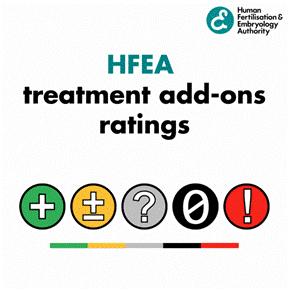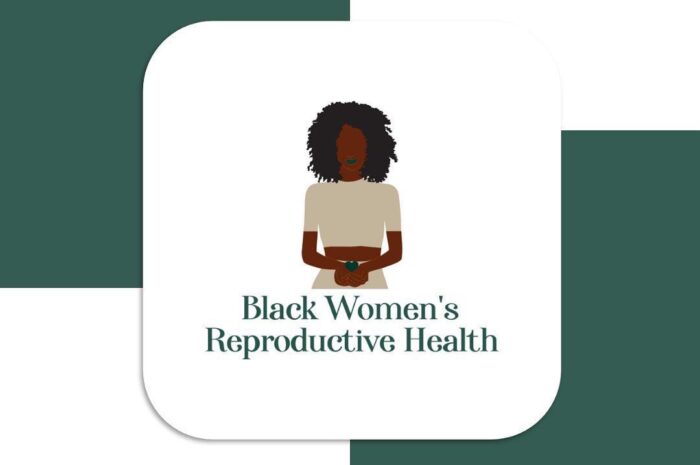Patients undergoing fertility treatment now have better information on whether ‘add-on’ treatments will improve their chances of having a baby as well as other outcomes, as the Human Fertilisation and Embryology Authority (HFEA) launches its new ratings.
Patients are offered add-ons with the claim that they will increase the success of their treatment but the evidence to support this for most fertility patients is often missing or not very reliable. The HFEA add-ons ratings will help patients make better-informed decisions about their treatment.
The new ratings – developed with patients and professionals in the fertility sector – has five categories giving detailed information for patients about whether they increase the chances of success and other outcomes such as impact on miscarriage rates.
“The HFEA has raised concerns for many years about some clinics unnecessarily offering unproven treatments to patients. For defined patient groups, there are particular treatment add-ons that may be potentially beneficial, but we know that for the vast majority of patients, more rounds of proven treatment could be more effective.
“We have developed these ratings looking at all the evidence available and with input from clinicians, embryologists, scientists and patients. We strongly encourage patients to look at and use this information when talking to their clinics.”
Peter Thompson, Chief Executive of the Human Fertilisation & Embryology Authority (HFEA), said:
“People going through treatment are often spending a lot of money and want to have a baby as soon as possible and do everything they can to improve the chances of success. But when some add-ons cost hundreds or even thousands of pounds each, we want to make sure patients have the best available information.
“In line with the HFEA Code of Practice, clinics must give patients a clear idea of what any treatment add-on will involve, how likely it is to increase their chance of a successful pregnancy and how much it will cost, and link to the HFEA ratings system.”
As well as the new ratings, the HFEA together with eight patient and professional bodies has re-affirmed its agreement that that add-ons without strong evidence of their safety and/or effectiveness should only be offered in a research setting.
Set up in 1991, the HFEA is the independent regulator of fertility treatment and human embryo research in the UK. Free, clear, and impartial information about fertility treatment, how to choose a clinic and information about egg, sperm and embryo donation is available at www.hfea.gov.uk.
- The HFEA is the UK’s independent regulator of fertility treatment and research using human embryos
- Set up in 1990 by the Human Fertilisation and Embryology Act, the HFEA is responsible for licensing, monitoring, and inspecting fertility clinics – and taking enforcement action where necessary – to ensure everyone accessing fertility treatment receives high quality care.
- The HFEA is an ‘arm’s length body’ of the Department for Health and Social Care, working independently from Government providing free, clear, and impartial information about fertility treatment, clinics and egg, sperm and embryo donation.
- The HFEA collects and verifies data on all treatments that take place in UK licensed clinics which can support scientific developments and research and service planning and delivery.
- Around 4,100 children in the UK are born each year through the help of a donor (2019). The HFEA holds records of all donors and children born since 1991.
- The HFEA is funded by licence fees, IVF treatment fees and a grant from UK central government. For more information visit, www.hfea.gov.uk.




